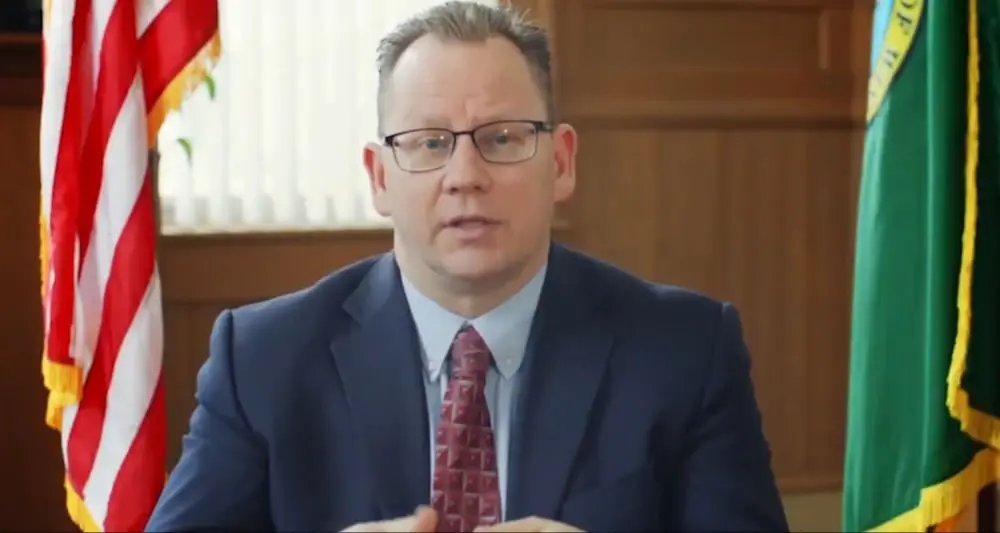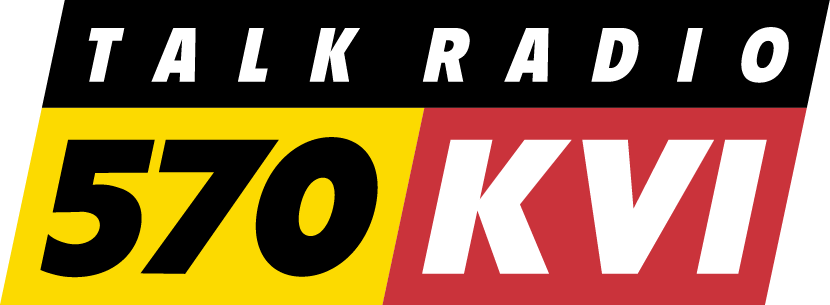
In a recent appearance on The Ari Hoffman Show on Talk Radio 570 KVI, Washington Policy Center’s Vice President of Research Todd Myers revealed troubling inconsistencies between what state education officials say publicly and what they admit privately.
While Superintendent of Public Instruction Chris Reykdal continues to insist that “students are doing fine,” internal budget documents tell a different story, one of falling test scores, misplaced priorities, and increasing taxpayer burdens.
State Admissions Behind Closed Doors
Myers told Hoffman that buried inside hundreds of new budget requests submitted by state agencies this fall was a startling admission from Reykdal’s own office: Washington’s math scores have been declining for years.
“They’re asking for $10 million more for math,” Myers said. “And in that request, they say, ‘We’ve been declining for a while.’ That’s a big change from what Reykdal tells the public, that everything is fine.”
Once among the top 10 states nationally for both math and reading, Washington now ranks 27th in math and 18th in reading, according to national assessment data. Meanwhile, Mississippi, once ranked 49th, has surged into the top 10.
“Mississippi didn’t spend more money,” Myers noted. “They reformed their system. That’s what Washington should be doing, but instead our education bureaucracy keeps asking for more funding without results.”
Deleted Data, Missing Accountability
This isn’t the first time Reykdal’s office has come under fire for lack of transparency. Earlier this year, the Washington Policy Center reported that OSPI deleted its “State Targets” webpage, the only public record showing whether students were on track to meet the state’s 2027 goals for achievement and graduation.
The move came just weeks after the Center requested updated information. OSPI later confirmed it had newer data but scrubbed the page instead of updating it.
Now, only raw numbers remain on the Washington State Report Card site:
- 70.9% of students meet basic proficiency in English Language Arts (well below the 90% target once listed)
- 63.3% meet minimum standards in math
Without context or benchmarks, parents and policymakers can no longer tell whether the state’s education system is improving, or how badly it’s falling short.
Record Spending, Poor Results
Washington has poured billions into education over the past decade. According to WalletHub, the state now ranks third nationally in teacher compensation. Yet, test scores have declined steadily over the same period.
Myers and Hoffman both pointed to this disconnect between spending and outcomes. “We spent $3 billion on pay raises,” Myers said, “but the Department of Children, Youth, and Families is begging for less than a million dollars to increase mental health reimbursement rates that haven’t changed since 2017. Our priorities are completely out of balance.”
Calls for Reform and Transparency
As Reykdal’s office faces mounting scrutiny, critics say it’s time for answers.
“Superintendent Reykdal needs to explain why he deleted the achievement targets after being asked about them, and why Washington’s children are falling further behind,” Hoffman said.
Myers agreed, emphasizing that reform, not endless spending, is the solution. “We shouldn’t be average. We used to lead the nation. If Mississippi can improve without breaking the bank, there’s no excuse for Washington to keep failing its students.”
Bottom Line:
Washington’s education system is spending more than ever, but students are learning less. With missing data, declining rankings, and calls for more money instead of reform, the state’s education leadership owes parents and taxpayers more than promises; it owes them transparency, accountability, and real results.




